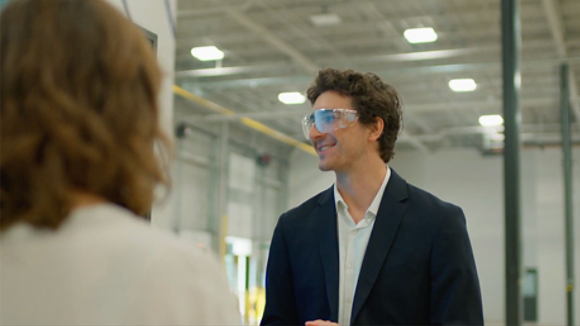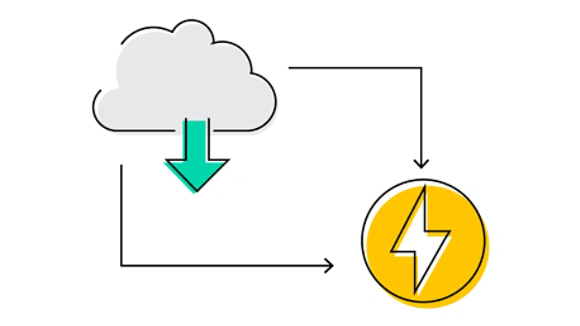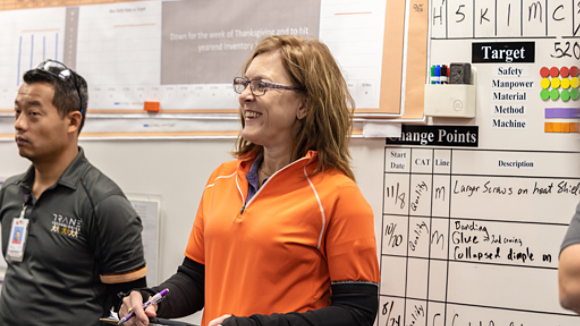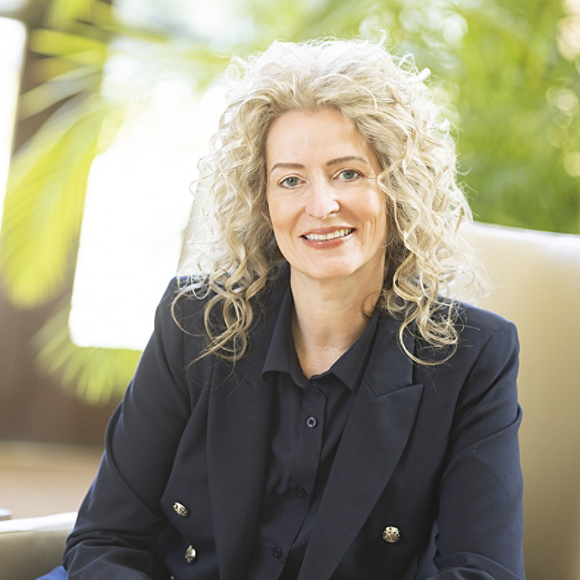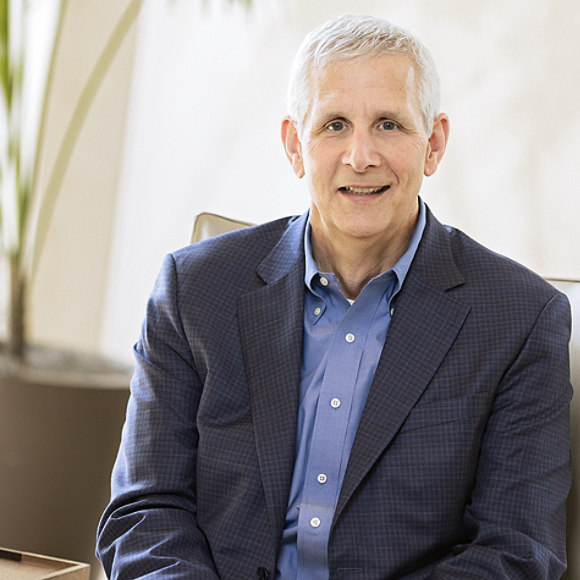September 25, 2025
Closing the Loop with Circularity: Zero Waste to Landfill
At our Galway, Ireland facility, we’ve achieved and sustained zero-waste to landfill with innovative supply chain and recycling relationships and a commitment to environmental sustainability.
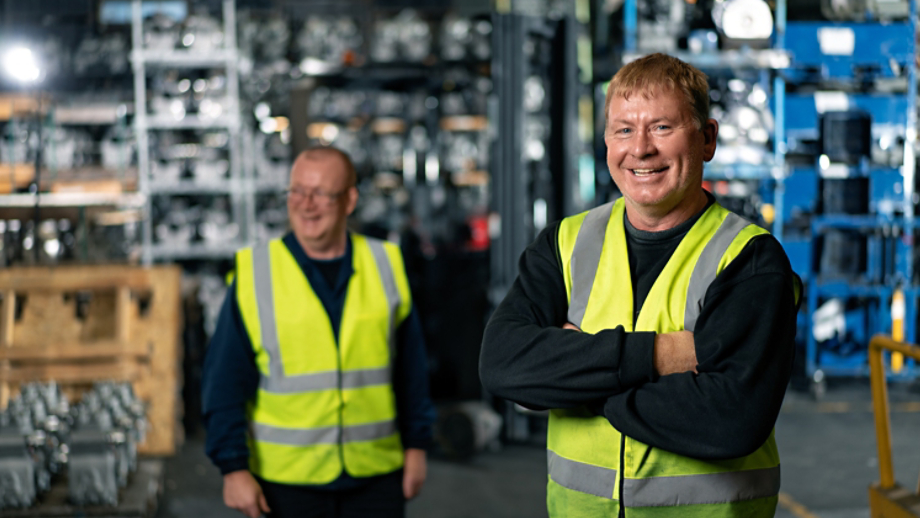
For most materials, the end of life is the end of the road. Final destination? Landfill.
But with circularity — the practice of keeping resources in use for as long as possible — that paradigm shifts. This vision that all materials are valuable resources can unlock new opportunities for decarbonization, economic sustainability and business innovation.
Recycling is a key lever in a circular system, bringing resources back into use by transforming yesterday’s “trash” into tomorrow’s value stream. At our Galway, Ireland manufacturing facility, we’re proving that the goal to send zero waste to landfill is possible at an industrial scale.
How circularity is delivering greener outcomes for the Emerald Isle
Our plant in Galway, Ireland has the capacity to manufacture over 100 Thermo King cold chain refrigeration units every day. A decade ago, the site sent upwards of 20 tons of waste to landfill each year. But in 2014, a cross-functional team set an ambitious target: to become Trane Technologies’ first zero-waste-to-landfill facility.
The plant is located between two residential neighborhoods near the beautiful Galway Bay, and the team needed to take a local approach to prioritize the community and minimize land degradation and air pollution.
They began by exploring every waste stream to identify how to capture its inherent value. Plastics, metals, cardboard, timber and other components are separated and collected by employees in every production area. Collaboration was also critical — the team engaged with regional partners to create innovative recycling alternatives for the generated waste.
Transparency is built into each stage of the reverse logistics ecosystem: every ounce of material that leaves the facility is collected, weighed and traced to its final destination. Leadership reviews monthly sustainability reporting, which includes waste management, and conducts regular audits to ensure long-term improvements.
This strategic system ensures that no material goes to waste. Scrap metals are reclaimed by a local recycler and processed into new raw materials, while non-reusable timber becomes garden mulch. Cardboard and paper are recycled for new packaging, and the minimal remaining materials are used to generate energy at a cement manufacturer — avoiding landfill entirely.
Why collaboration across the supply chain matters
More progress came when the team looked beyond the factory walls. Working with suppliers in multiple countries, the team reconceptualized standard packaging and shipping materials. The collaborations helped shift from single-use timber pallets and cardboard boxes to reusable crates and corrugated boxes that move between the factory and suppliers, a sustainable innovation in an effective reverse-logistics supply chain.
Systems drive behaviors, and behaviors drive results. Our leadership team's foresight and ambition has proved that manufacturing facilities in our industry can achieve zero waste to landfill with the right strategy and mindset.
Dave Honan
Environmental Health & Safety Leader, Trane Technologies
The results speak for themselves: from 2002 to 2012, Galway averaged 230 tons of landfill waste a year. By 2012, that figure had fallen to 20 tons, then to 2 tons in 2014. Since 2015, the facility has sent nothing to landfill for ten consecutive years.
This approach has created value for both our customers and our own business. The shift to returnable metal pallets saves on disposal costs by eliminating landfill fees and taxes, while reducing packaging resulted in raw material discounts.
And the environmental sustainability impacts are just as deep. Decarbonization initiatives like this support our broader business and sustainability strategies, propelling us toward carbon neutrality while supporting our customers in their own decarbonization goals.
How going beyond waste powers a decarbonized economy
Galway proves that zero-waste manufacturing is possible when systems, data and culture align, and the team’s success underscores that sustainable practices generate real value. As we work towards our 2030 sustainability commitments, Trane Technologies will continue scaling these practices as we continue designing systems for circularity and move toward carbon-neutral operations.
To learn more about circular systems, please read our article about how embracing circularity can drive business value.
Topic Tags

 English
English

